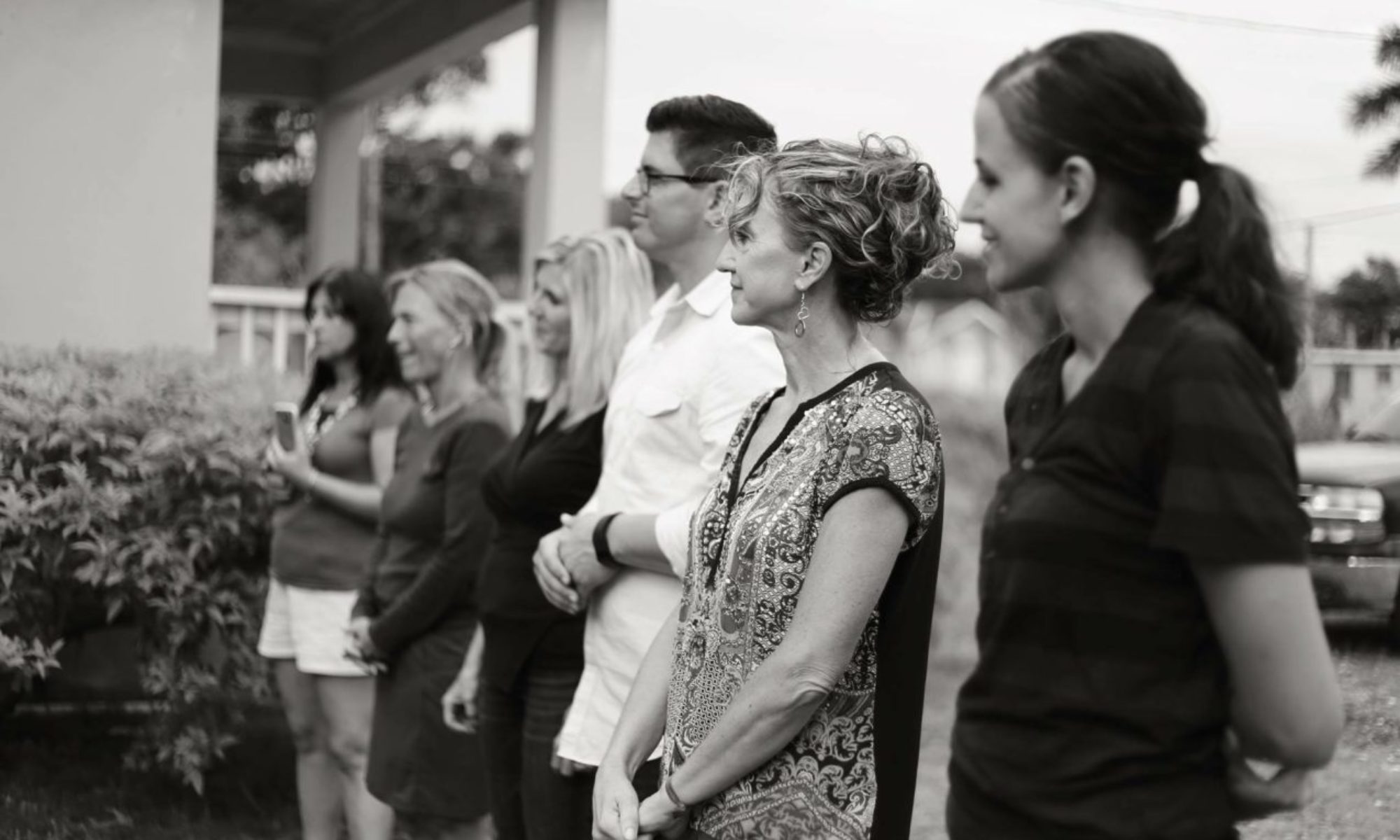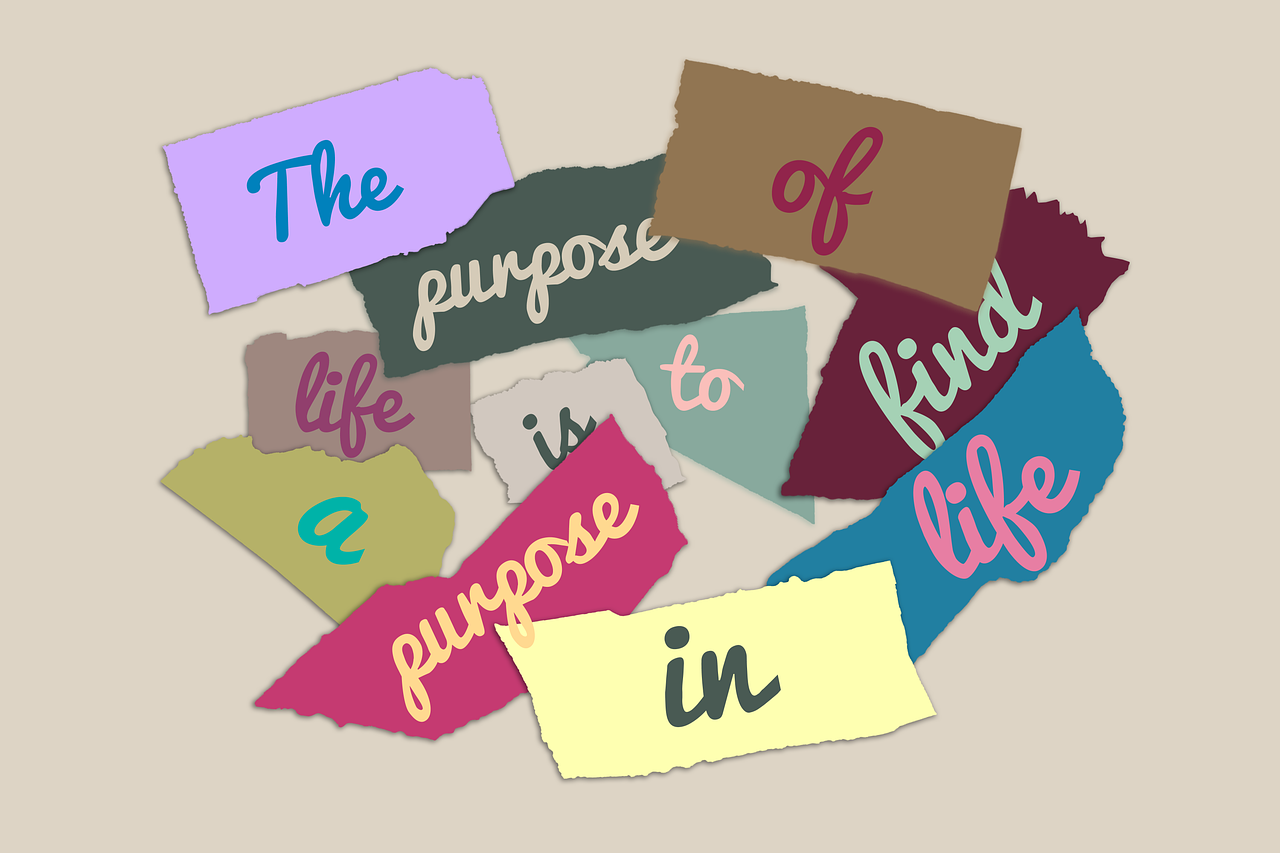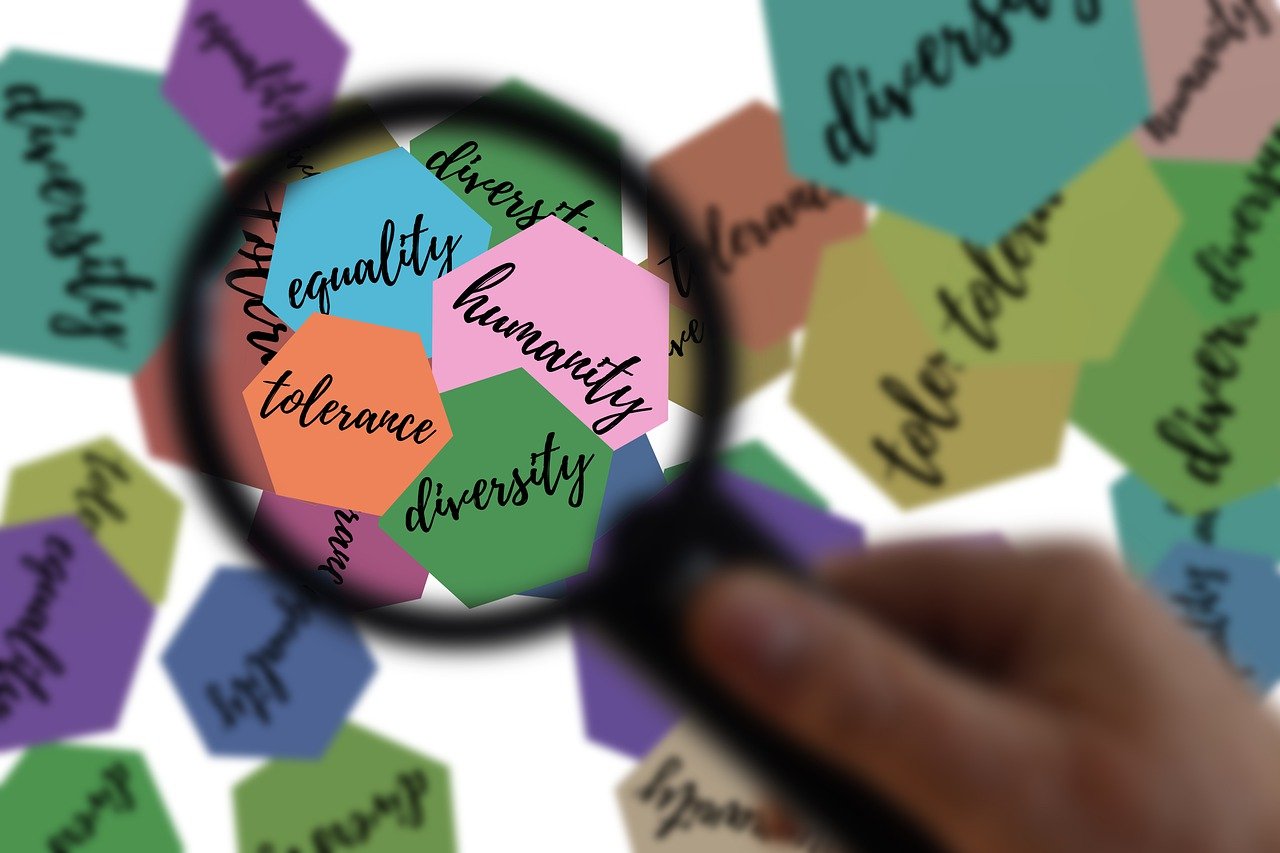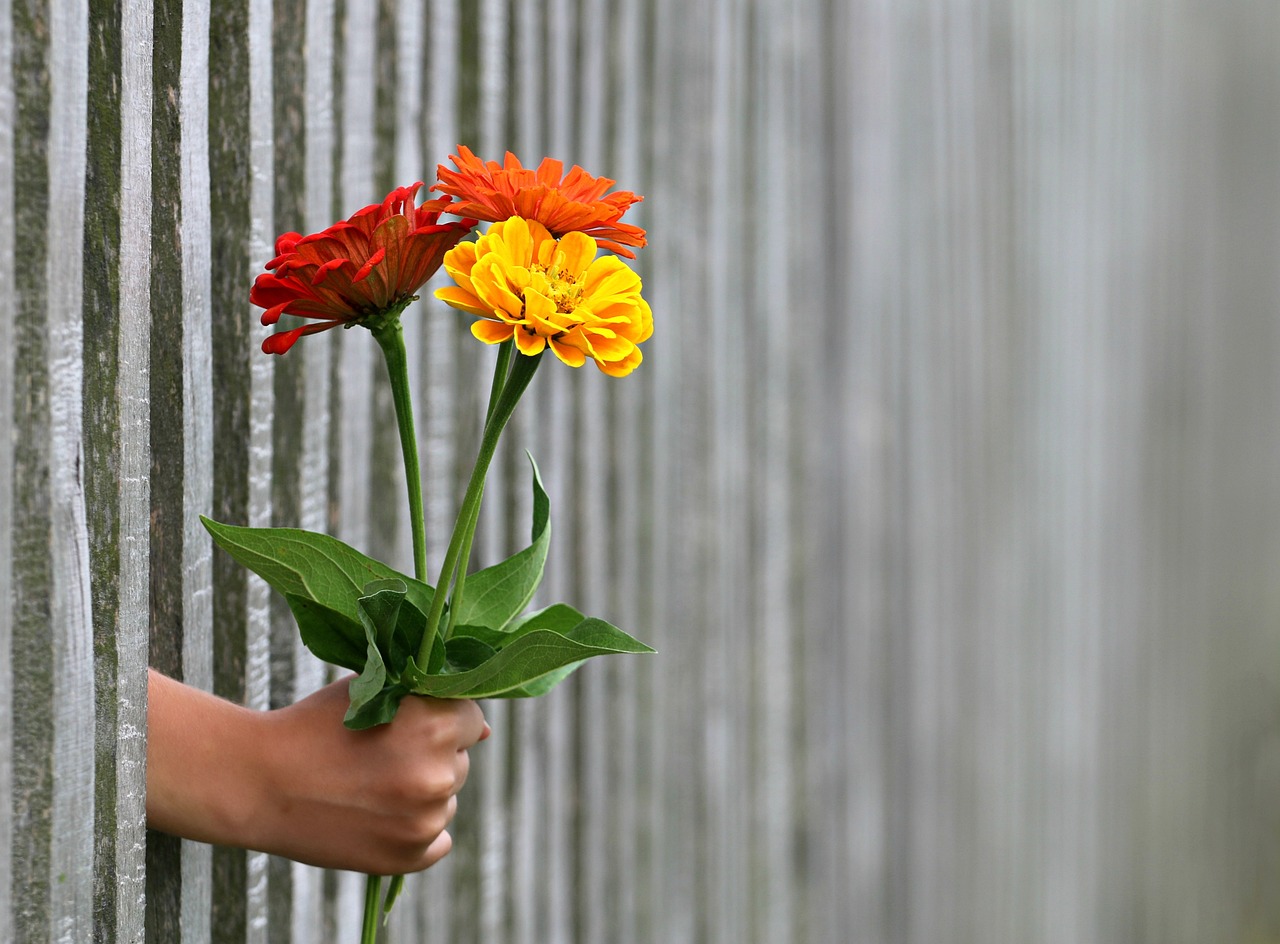In a world that often prizes performance, perfection, and quick judgment, grace feels like a radical act. Many of us recognize grace as a divine gift—something God gives freely, without condition or merit. But what if grace wasn’t just something to receive, but something we’re called to give?
Grace, at its heart, is unearned kindness. It’s the willingness to forgive when someone hasn’t said “I’m sorry,” to extend compassion when frustration would be easier, and to hold space for others’ imperfections—just as we hope they will for ours. While divine grace can feel sacred and untouchable, human grace is messy, challenging, and transformative.
When we receive grace from God, it’s life-changing. It lifts shame, breaks cycles of guilt, and reminds us that love isn’t something we have to earn. But the deeper purpose of receiving grace may not end with personal comfort. It’s an invitation to live differently—to become a conduit of grace in the lives of others.
Consider the moments when someone cuts you off in traffic, speaks harshly in a meeting, or disappoints you. The instinct is often to retaliate or withdraw. But grace calls us to pause, to consider the pain or pressure that might be behind their behavior. It doesn’t excuse wrongs or ignore boundaries—it simply says, “I choose compassion over condemnation.”
Grace in human relationships looks like apologizing first. It looks like forgiving someone who never apologized at all. It looks like giving people room to grow, to change, to fail—and still be loved.
We live in a culture that often cancels, criticizes, and condemns. But grace disrupts that narrative. It whispers, “There’s more to this person than their worst moment.” Grace gives people the benefit of the doubt. It seeks understanding before judgment. And most of all, it remembers that we are all in need of it, daily.
Offering grace doesn’t mean we become doormats. Healthy grace involves wisdom and boundaries. But it also means releasing the need to always be right, to win every argument, or to hold onto grudges like trophies.
When we give grace, we mirror the heart of God. We remind others—and ourselves—that redemption is always possible. That kindness has power. That love doesn’t have to be earned.
In the end, grace is both a gift and a calling. We receive it freely. We give it freely. And in doing so, we help make the world a little softer, a little safer, and a lot more like the kingdom of God.











